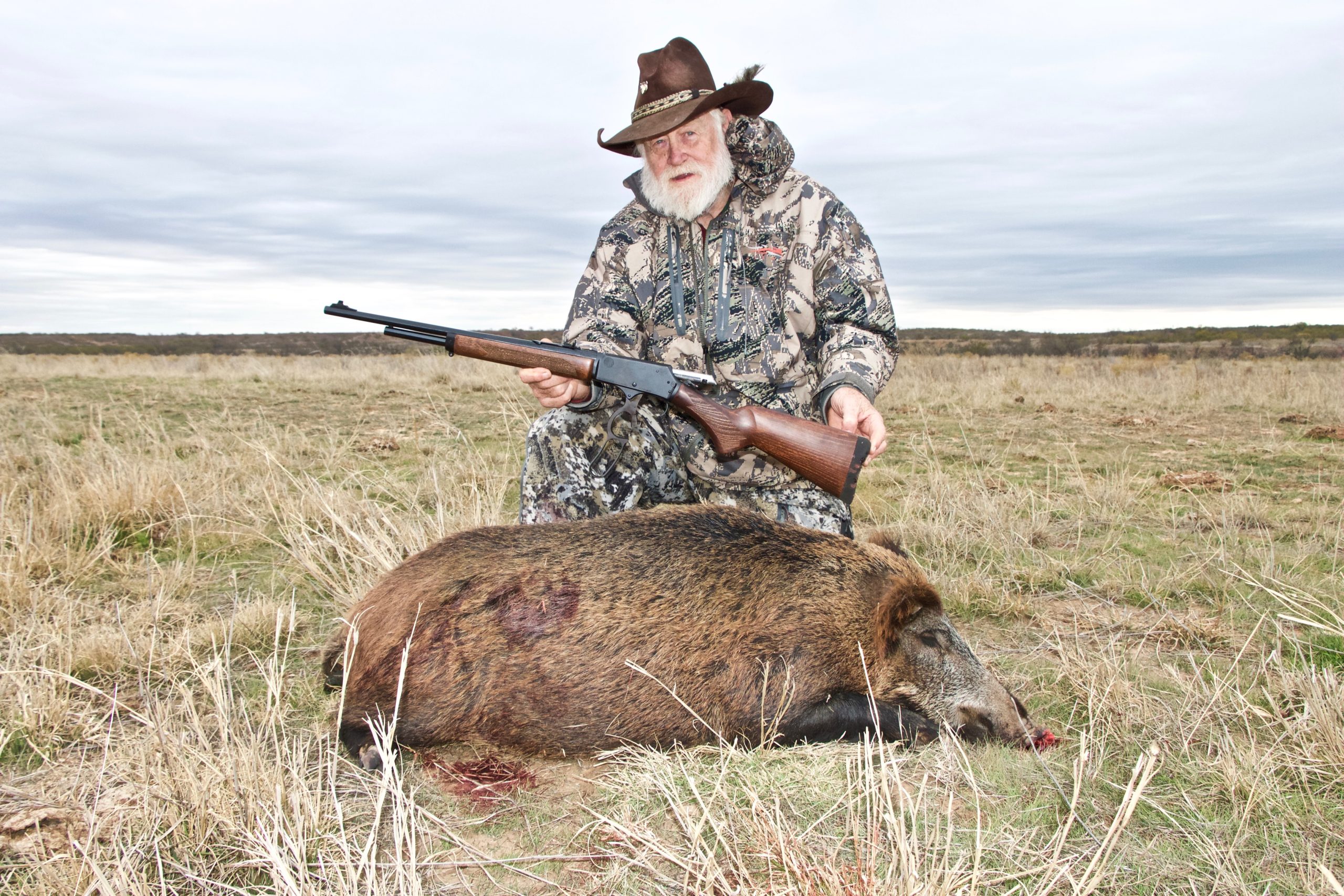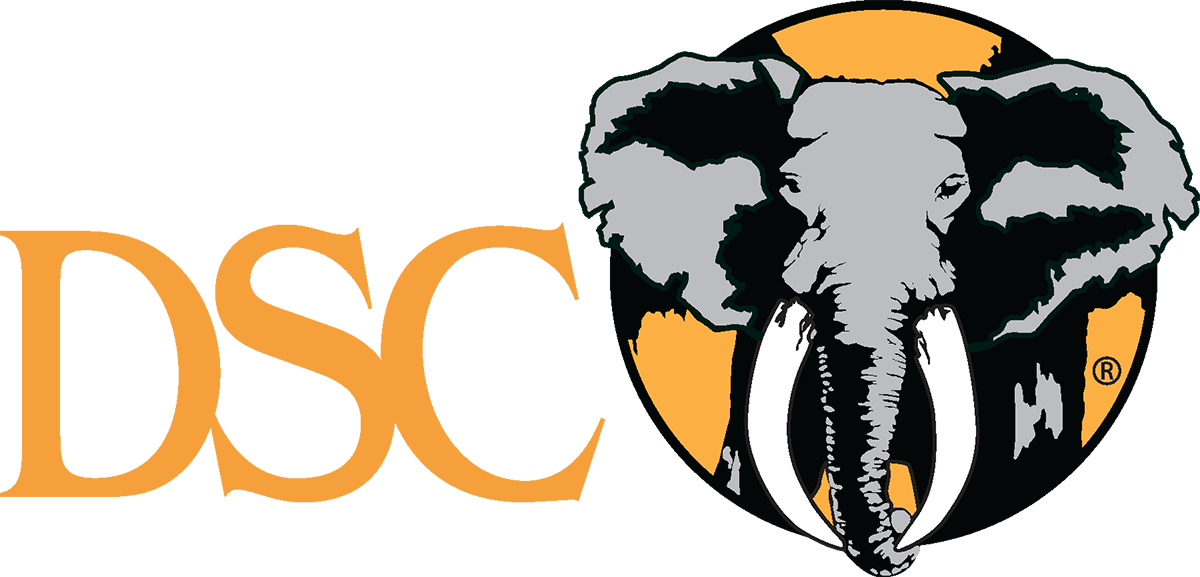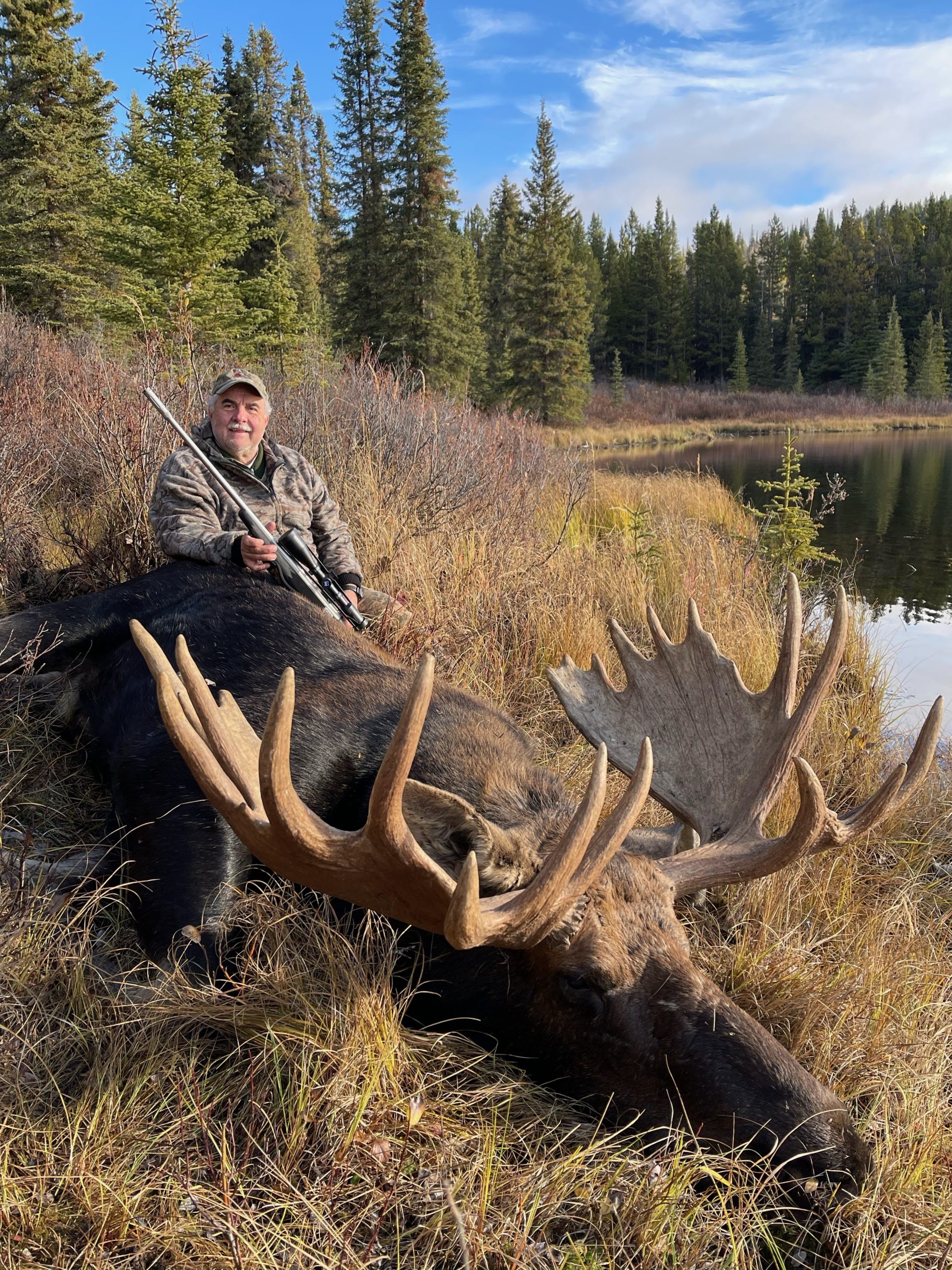After the 2017-2018 fall season, the Quebec caribou hunt will close for an undetermined period of time. (Recreational hunting is closing – the subsistence hunt continues.) The provincial government has also called for the number of permits to be reduced by half for the upcoming final season. Before a hunt will be reinstated, officials want a more thorough understanding of the current state of the population. Declining caribou numbers have become a serious concern with the cause yet unknown.
Research is ongoing to gather insight on the caribou’s lifestyle. Since many young caribou are not surviving to adulthood, biologists with Caribou Ungava have equipped select females with collar cameras in the Leaf River area of Quebec. With careful monitoring, scientists hope to uncover the cause of high mortality rate and move forward with appropriate measures to combat the decline.
The camera collars are put on the animals in early spring and turn on automatically in June to send GPS updates and live video. Then, around 90 days later, the collars are programmed to fall off the animals. After the successful collection of all 14 collars from 2016, the project is set to continue for its second year with 24 caribous.
The lead researcher Steeve Côté commented on the government’s ban of the hunt. He explained that the problem is not with the few animals taken for sport, but with the lack of documentation during the subsistence hunt. Scientists cannot create accurate models for population growth because the numbers harvested during those hunts are not accurately recorded.
To see some of the video captured by these collars, click here.
Source: CBC News



